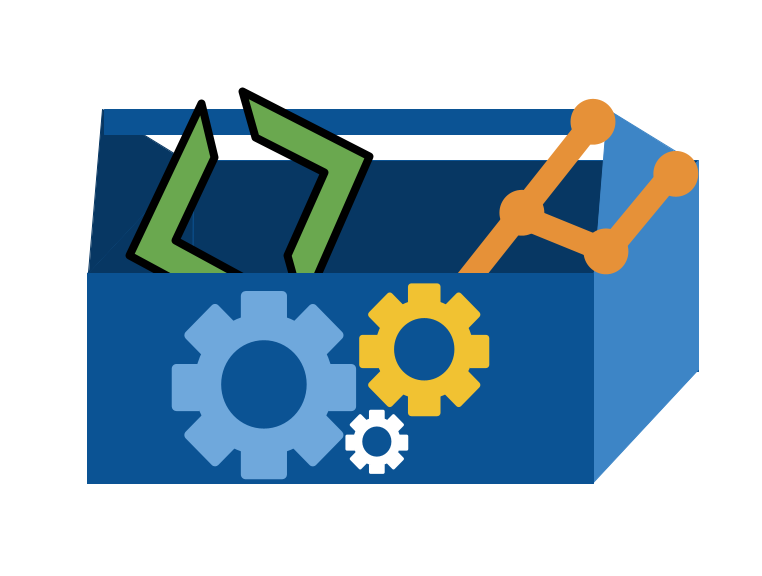20. What is a computer?#
++{“lesson_part”: “main”}
how, physically, do we get the components we have seen?
what other components do we need?
how are those implemented
How have computers changed over time?
at the physical level
what was the context and motivation for these advances?
how does that context influence how we use computers today?
how does that influence computing as a discipline?
20.1. Let’s start with a dictionary#
we can start with a dictionary
note that this starts with reference to a person.
20.1.1. Computers as people#
and this text this particular dictionary is useful because it also includes where does the term originated like where does in that particular usage start appearing and so these are these are pretty all right this is starting 1646 1707
Use of the word computer to refer to the person still common how recently 1950s
the movie hidden figures is available on Disney+ with subscription or other streaming platforms for ~$4 streaming rental.
the book hidden figures is available at URI’s library
20.1.2. Computers as Machines#
Computers as machines started later. We started with mechanical, analog and then moved to electronic and then digital.
20.1.3. How much do we talk about computers?#
20.2. Mechanical Calculators#
how do we actually like physically make it be machine

He was 18 and his father was a tax commissioner in France and he wanted to like reduce his father’s workload
so he invented this calulator machine and received royal privilege from France in 1649 to be only person allowed to build a manufactured Computing a calculator is like mechanical calculators

Contrast this royal privelege with the 1970s where in resolving some other conflict, a court that declared the content of the computer cannot be copyrighted and it’s free for anyone to use the concept of a computer
20.3. How did this change over time?#
calculators that are still analog so they’re still working with mechanical systems using Waze electricity becomes easier
20.4. Timeline of Computing#
20.4.1. So how do these thigns actually work#
As electricity became more available, they realized that in terms of mathematical operations, electrical components resemble springs and switches
20.5. Early Computers#
first vaccuum tubes: or diodes
diodes prevent flow of electricity in one direction and allow in the other. they can be used to create circuits that behave like the logical operations, and create the gates.
diodes only are easy for
&and|gates,transistors can operate as a switch or amplifier and can also be used to build logic gates
they’re faster, smaller, and better at more types of gates than diodes
20.6. von Neumann Architecture#

20.7. Storage#
there are some thigns we have not yet seen in detail in that diagram
Ram Is Random Access we can access it whenever we want we can read and write to
ROM: is read only memory; the instructions are Permanently
In the stored program computers, the programs were in ROM.
The very earliest computers could not store any values without power.
In the stored program computers, the programs were in ROM.
The very earliest computers could not store any values without power.
Register: data currently processing
Memory: will be required for processing
Disk: long term storage
20.8. Prepare for Next Class#
20.9. Badges#
20.10. Experience Report Evidence#
read through the timeline, add reflections on what historical facts are most interesting and what parts of vonn neuman architecure you are not familiar with.
20.11. Questions After Today’s Class#
20.11.1. What is overclocking a computer?#
setting it to run faster, it can cause errors.
It speeds up the clock signal, there is a safe amount that this can be done, where the disadvantage is only heat related. If you speed it up too far, it can make errors in certain computations occur.
20.11.2. Is it possible to get computers even smaller and more efficient than they are now?#
Yes, we have not hit limits yet, but we are close in some ways.
This is a good explore topic.
20.11.3. What was the importance of binary code in early computing, and how does binary align with the physics of transistors?#
Binary for computers as machines dates back to mechanical comptuers, they were analog, but still used switches, which gives binary.
The transistors allow us to create logical gates, which is well suited for binary.
20.11.4. Why did von Neumann end up winning?#
This is a good explore topic.
20.11.5. How did moving from mechanical parts to electronic parts make a better computers?#
electronic computers were smaller and faster than mechanical computers
20.11.6. What is the decisive factor in making a decision for technological improvement over ease of access, how do they decide the threshold of improvement that needs to be met?#
It is not necessarily a clearly driven decision, it is partially margin.
20.11.7. Is there a way to access vram ?#
This is a good explore/build topic.
